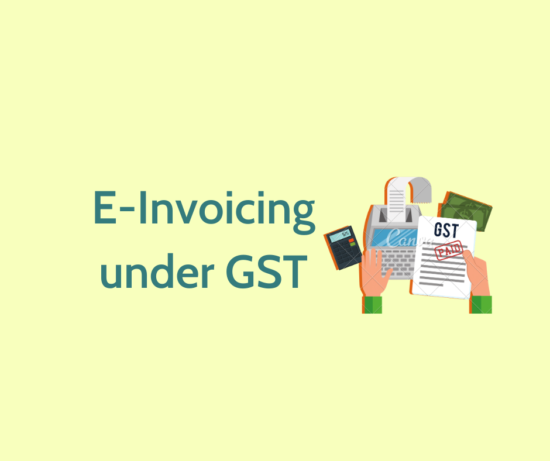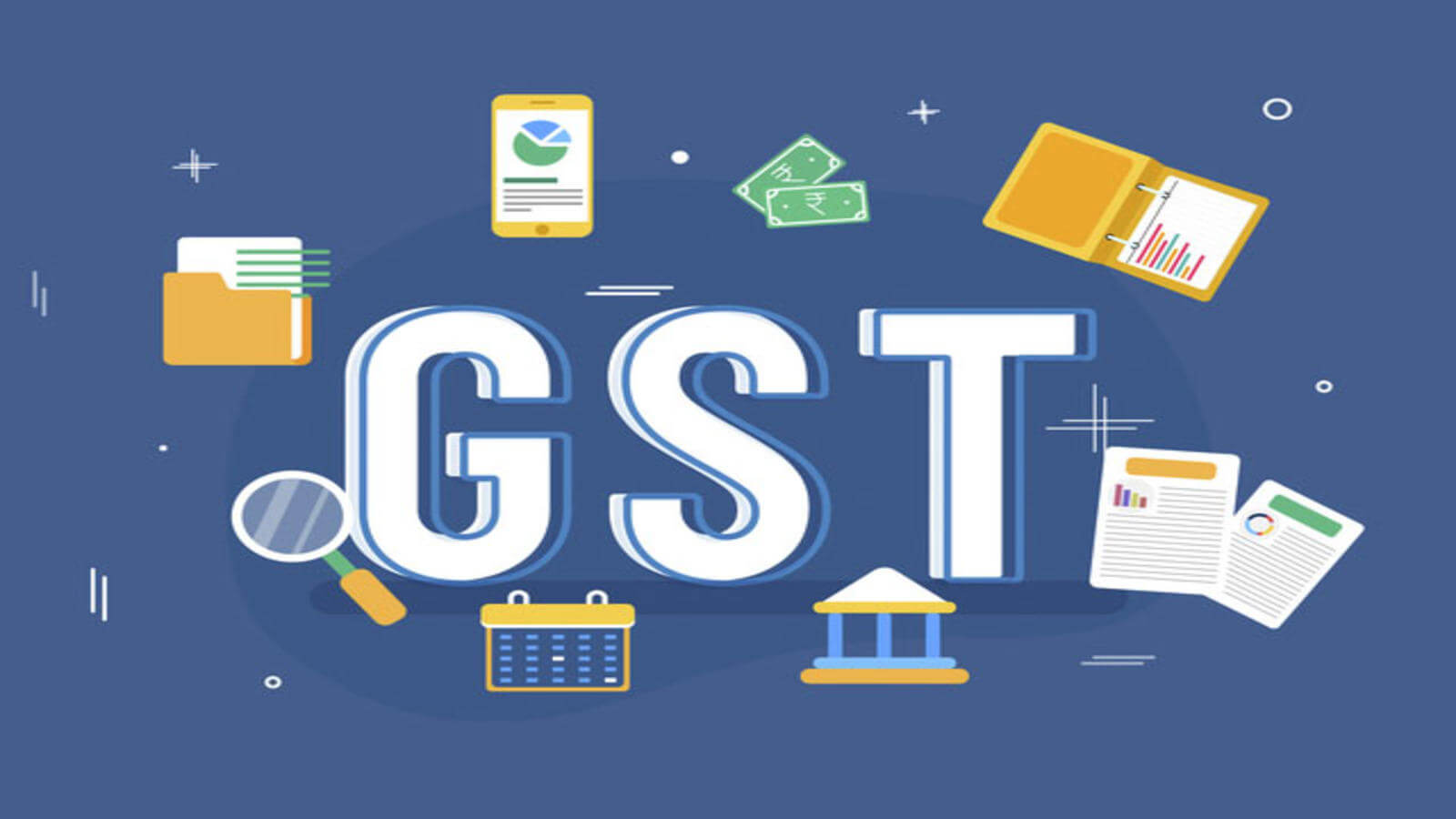If an invoice is not registered on the IRP, then such an invoice would not be treated as a valid tax invoice for all GST related matters and would attract a penalty of ₹10,000 for each instance of non-compliance.
‘E-Invoicing’ has been one of the most discussed topics for the past month and it has made its way to the to-do lists of all large corporates having GST aggregate turnover of more than ₹500 crore. The Government notified the implementation of e-invoice from 01 October 2020, which will mandate registration of all tax invoices* details on a centralised portal. This will involve uploading of invoice details on a notified Invoice Registration Portal (“IRP”) where validation of key invoice particulars would be undertaken, and a unique number called IRN (“Invoice Reference Number”) along with a digitally signed QR code (Quick Response code) will be issued. Post issuance of the IRN and QR code, the uploaded invoice will attain validity and the status of a Government validated document.
Since every invoice has to be validated, this necessitates the transformation of existing accounting ERPs and an overhaul of related processes for a successful adaptation to the newly envisaged requirement. With limited time left for modification of systems and processes, businesses need to adopt an aggressive approach to ensure readiness before the ‘Go-live’ date. Amidst this, the obvious question that is cropping up is the consequences for companies that do not comply or meet the deadline.
One way of looking at this issue could be that to the extent an invoice (invoice without unique ID) is available, not having an e-invoice should attract very nominal penal consequences. This view would also find support from the fact that this being a new requirement, the Government may be lenient in invoking penal provisions for the first few months.
However, businesses should be cautious with this kind of approach since a careful reading of GST laws throws up some unique challenges. Some of the challenges could be as follows:
- If an invoice is not registered on the IRP, then such an invoice would not be treated as a valid tax invoice for all GST related matters and therefore attract a penalty of ₹10,000 for each instance of non-compliance.
- Transportation of goods without a valid tax invoice may cause detention of goods and vehicle and imposition of penalty.
- Customers may refuse to accept the goods and/ or make payments in the absence of a valid tax invoice as this would impact a recipient’s eligibility to avail ITC.
- Further, the Government also plans to implement a check which would restrict the generation of e-way bill in the absence of IRN.
Given the above set of likely challenges that may follow on account of non-compliance of e-invoicing provisions, it becomes imperative for businesses to pick up the pace and initiate requisite modifications in their invoicing process.
While the Government has been quite responsive and accommodative as far as industry feedback on e-invoicing architecture is concerned, only time will tell how it handles this sensitive issue. Given that we still have few weeks left before the due date, companies where e-invoicing is applicable should undertake all efforts to implement the new system by October 1, so that non-compliance can be entirely avoided.
Source: Livemint.com
***
[rainbow]Don’t miss the next GST Update / Article / Judicial pronouncement[/rainbow]
Subscribe to our newsletter from FREE to stay updated on GST Law
Resolve your GST queries from national level experts on GST free of cost.
TW Editorial Team comprises of team of experienced Chartered Accountants and Advocates devoted to spread the knowledge of GST amongst the various stakeholders.




